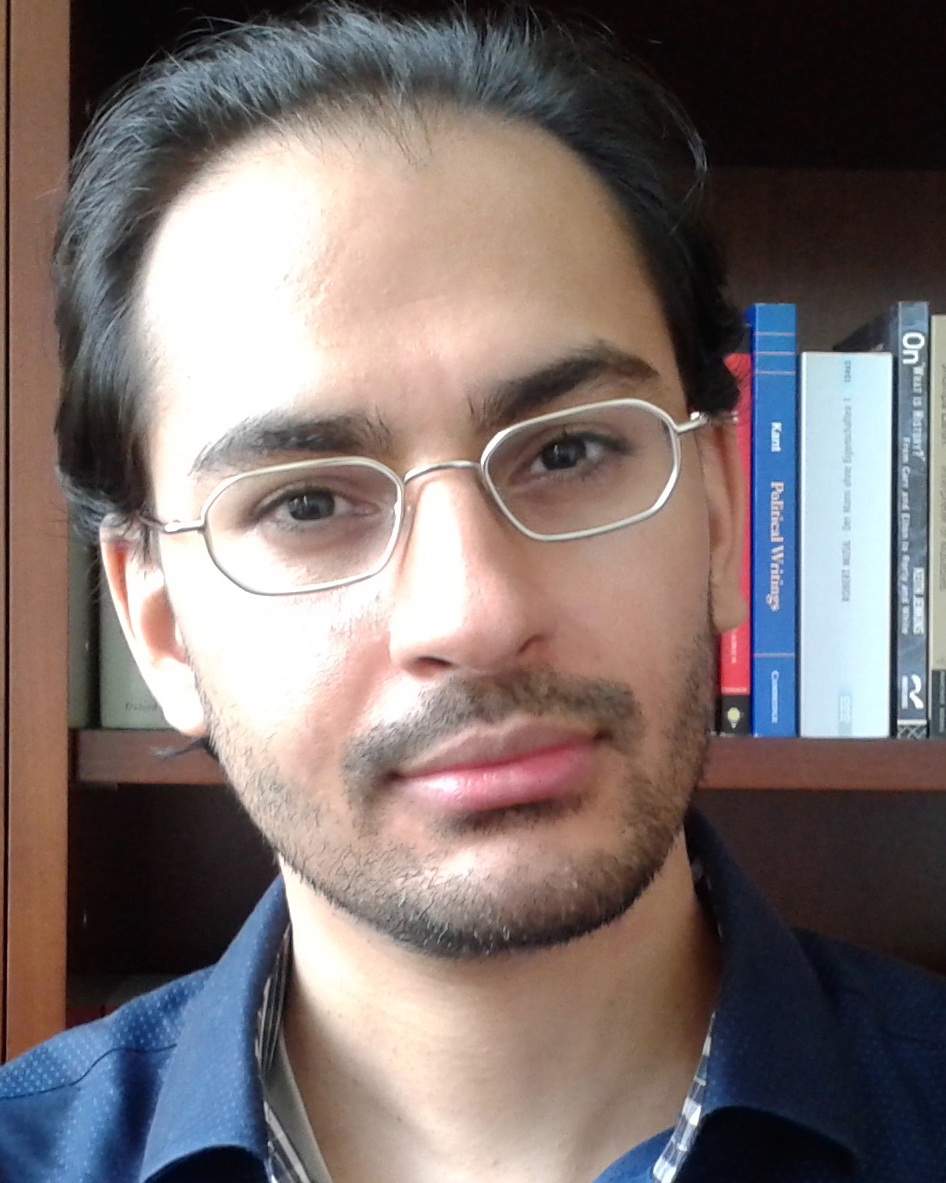
Associate Professor Taran Kang received his BA and MA in History from the University of Alberta and his PhD in History from Cornell University. His research has been supported by fellowships from the Social Sciences and Humanities Research Council of Canada, the Foreign Language and Area Studies Program, and the Cornell Department of History.
Born in Miami, Florida, he grew up on the prairies of western Canada. He spent a year in Berlin conducting research for his dissertation, which explores how an influx of knowledge about India during the Enlightenment shaped European thinkers’ ideas about the meaning, movement, and structure of world history. His recent work examines problems pertaining to the history of morals.
Associate Professor Kang specialises in modern European intellectual history. His research seeks to bring a global perspective to the history of ideas with an attentiveness to Europe’s position in relation to other parts of the world. He has a particular interest in the formation of modern historical thought and the history of morals. His work, which has appeared in the Journal of the History of Ideas and the German Studies Review, operates at the intersections of history, philosophy, and literature. His book Transgression and the Aesthetics of Evil (University of Toronto Press, 2022) investigates transformations in modern representations and conceptualisations of evil.
Since joining Yale-NUS, Associate Professor Kang has designed and taught a range of courses, including The Problem of Evil from the Enlightenment to Auschwitz, The History of History, History and Philosophy of the Scientific Revolution, and Nietzsche: An Untimely Thinker and His Times. In the Common Curriculum, he has taught both Philosophy and Political Thought (PPT) and Literature and Humanities (LH).


